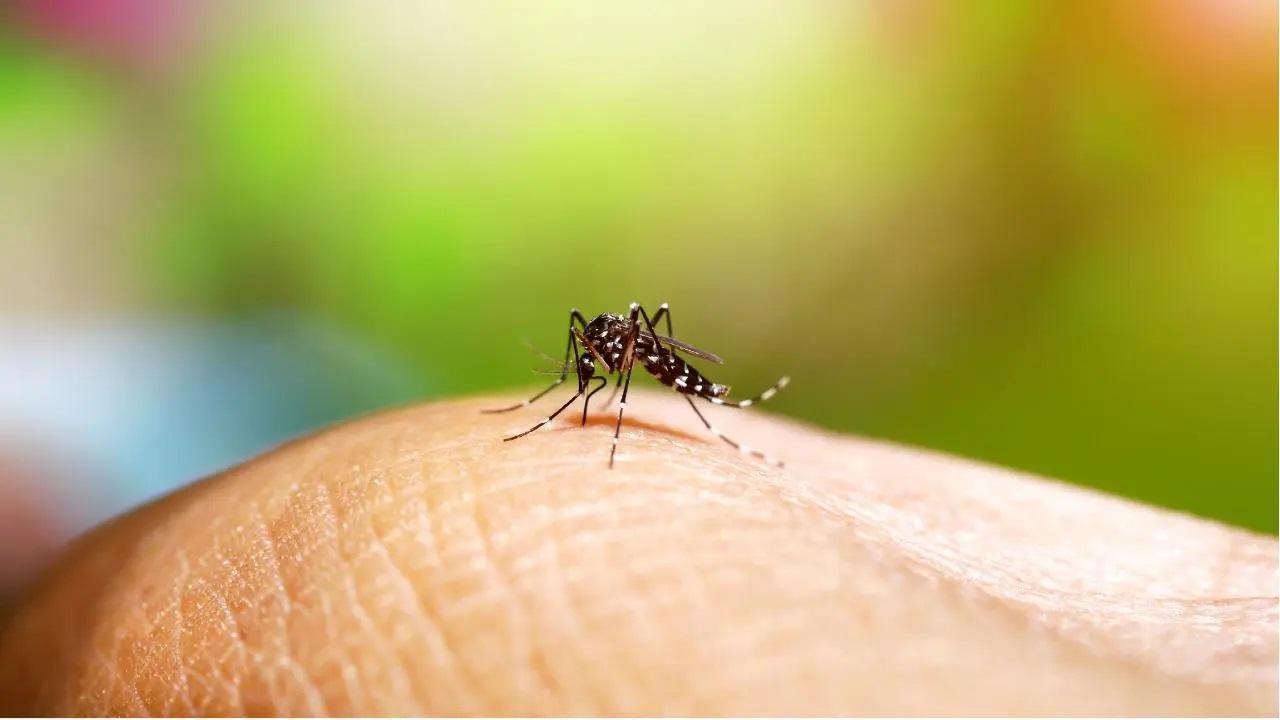As per the BMC's public health department data, 39 cases of malaria, 40 cases of gastro, seven cases of dengue and six cases of hepatitis have been reported in the first three days of July

Reprsentative image
As per the BMC's public health department data, 39 cases of malaria, 40 cases of gastro, seven cases of dengue and six cases of hepatitis have been reported in the first three days of July.
ADVERTISEMENT
As the monsoon arrives in Mumbai, the number of malaria, gastro, and dengue cases are reported to be higher compared to other monsoon-related illnesses in Mumbai. The data reveals cases related to dengue-like illness are increasing in E ward (Reay road and Madanpura areas) and H-East ward (Indira Nagar, Gaondevi, Vakola pipeline road areas).
According to the BMC's public health department data, 39 cases of malaria, 40 cases of gastro, seven cases of dengue and six cases of hepatitis have been reported in the first three days of July this month.
The recent monsoon report released by BMC also stated that in June, 350 cases of malaria, 543 gastro cases and 39 dengue cases were reported.
Speaking about the cases, Dr Honey Savla, Consultant Internal Medicines, Wockhardt Hospital, Mumbai Central, said, "Presently there is a surge in cases of gastroenteritis. Around six to eight patients visit OPD per day for gastroenteritis disease. out of which one requires admission. These cases present with dehydration and fatigue and hence get admitted. It is very important for us to stay careful while enjoying this rainy weather."
Adding details about preventive measures to be taken, Dr Savla, added, "Citizens should drink boiled water and avoid eating roadside street food prepared in unhygienic conditions. Diabetic patients should take care of their feet, especially during this season. There is an increase in cases of cough, cold and fever during this time and that's contagious too."
Also Read: Mumbai: BMC to start clinics in shipping containers by Independence Day
In monsoon-related diseases, mosquitoes act as a vector. Aedes Aegypti mosquitoes breed in clean water and transmit dengue. As a preventive step to reduce the number of cases, an inspection of under-construction sites and removal of debris so that the water doesn't accumulate must be done.
A health officer from the epidemiology cell of the BMC’s public health department, said, “As per the health report all other monsoon-related diseases are under control. We appeal to all citizens to adhere to the preventive, precautionary measures. As the number of malaria and dengue cases rises, all precautions must be taken to prevent the breeding of mosquitoes. citizens should prevent larva breeding by keeping the premises and surrounding area clean."
BMC has advised citizens to use bed nets, window screens, and complete clothing wearing to avoid mosquito bites.
 Subscribe today by clicking the link and stay updated with the latest news!" Click here!
Subscribe today by clicking the link and stay updated with the latest news!" Click here!







